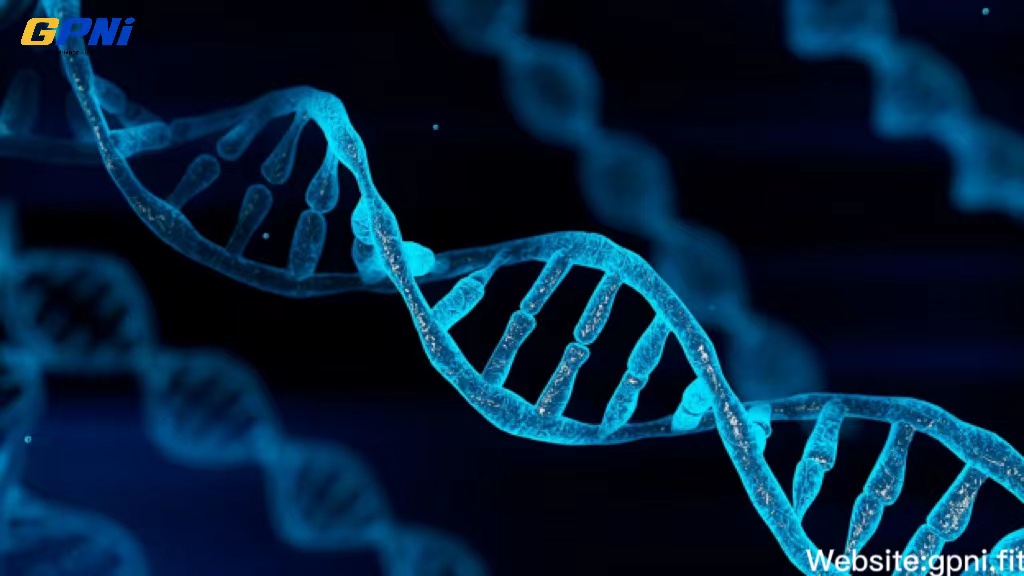Today’s market if flooded with at home kits. With a quick swab of the mouth, you can gain invaluable knowledge about your family heritage, ethnicity and even health! Available genetic kits now offer insight into an individual’s wellness and some even offer personalized lifestyle and nutritional recommendations. We have established that a “one size plan” does not work, so it seems basing health and wellness recommendations must be the answer. Nutritional genomics, sometimes referred to as nutrigenomics, is an area of study dedicated to understanding the interactions between nutrition and gene expression.
Before diving into the concept of prescribing lifestyle recommendations based on DNA, let’s cover a few concepts. First, everyone has a unique genetic makeup that influences an individual’s predisposition to disease, hair color, etc. Single nucleotide polymorphisms, or SNPs are differences in nucleotides (akin to the building blocks of DNA) that vary from person to person. This is the most common source of genetic variation. Scientists have discovered millions of SNPs, some of which are have an effect on health and disease. Some may be familiar with the BRCA gene. Those with the risk SNP have an increased risk for developing breast cancer compared to those without. An individual with the risk SNP WON’T FOR SURE GET IT but can take steps for regular screening.

Genome-wide associated studies (GWAS) have identified more than 300 single nucleotide polymorphisms (SNPs) associated with obesity. One of the genetic variations commonly tested for is FTO Alpha-Ketoglutarate Dependent Dioxygenase (FTO) or FTO for short. It has been dubbed the obesity gene, although FTO’s role in obesity development is not entirely clear. Evidence has found differences in eating behaviors and food preferences. Those with the risk SNP appear to have a tendency to prefer high fat foods and are more likely to eat in the absence of hunger.
Not all SNPs are related to disease risk, some offer insight into aspects of digestions, drug metabolism and even muscle fiber type! Genetic variations of the CYP1A2 gene provide information about how fast or slow a person metabolizes caffeine. The ACTN3 gene effects the ability of type 2 muscle fibers to produce force during muscle contractions. There is a strong correlation between the homozygous variation of ACTN3 and athletic performance. However, it is important to remember that simply possessing the ACTN3 variation does not predict success as an athlete just as possessing the FTO risk does mean one will develop obesity. There are clearly other genetic and environmental factors contributing to differences.

Better understanding your own genetic makeup is fun. Everyone loves to learn more about themselves and how their body works. Some have theorized that nutritional recommendations based on genotype could offer a solution. There is no question that developing a deeper understanding of the complex relationship between the external environment and gene expression could prove to be a powerful tool. However, evidence on the efficacy of nutritional genomics is still growing and more is needed before a unanimous agreement from all health practitioners is reached on how to eat, exercise, and make lifestyle recommendations based on DNA.
References
Rotroff DM. A Bioinformatics Crash Course for Interpreting Genomics Data. Chest. 2020 Jul;158(1S):S113-S123. doi: 10.1016/j.chest.2020.03.004. PMID: 32658646; PMCID: PMC8176646.
Elliott R, Ong TJ. Nutritional genomics. BMJ. 2002 Jun 15;324(7351):1438-42. doi: 10.1136/bmj.324.7351.1438. PMID: 12065270; PMCID: PMC1123385.
Fawcett KA, Barroso I. The genetics of obesity: FTO leads the way. Trends Genet. 2010 Jun;26(6):266-74. doi: 10.1016/j.tig.2010.02.006. Epub 2010 Apr 8. PMID: 20381893; PMCID: PMC2906751.
Pickering C, Kiely J. ACTN3: More than Just a Gene for Speed. Front Physiol. 2017 Dec 18;8:1080. doi: 10.3389/fphys.2017.01080. PMID: 29326606; PMCID: PMC5741991.

By Cassie Evans (MS, RD, CISSN). Official Editorial Writer for GPNi®.
Cassie Evans is a registered dietitian and a published researcher. She has studied sports nutrition and completed an internship with the University of Miami Sports Nutrition Team and Nova Southeastern University’s sports performance team. She holds a Bachelor of Science in Exercise and Sports Science and received her CISSN in 2018. She is currently pursuing her doctorate in Human and Sports Performance from the Rocky Mountain University of Health Professions.







